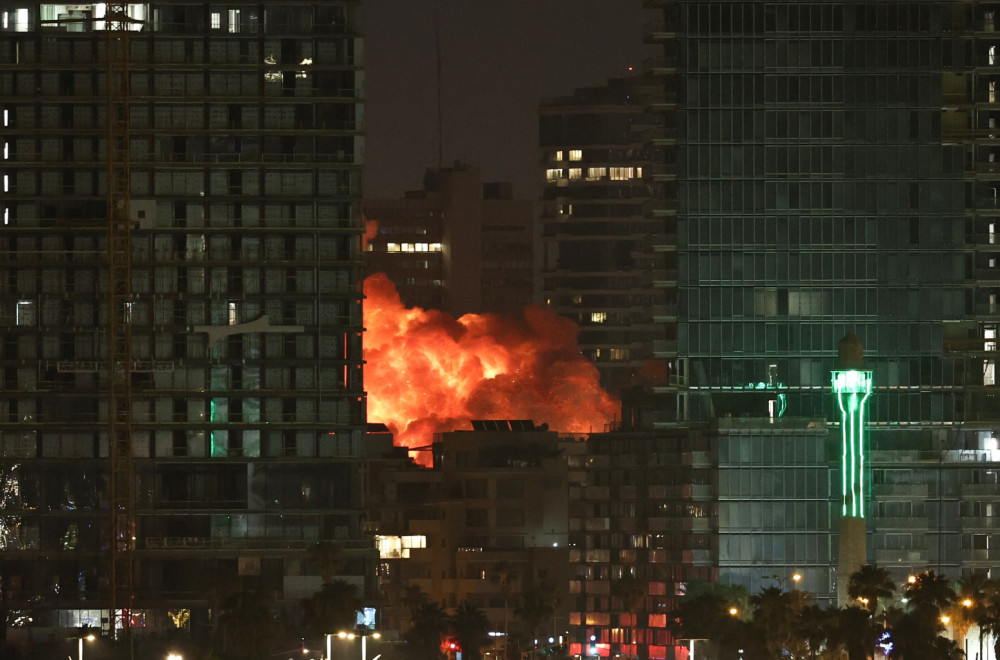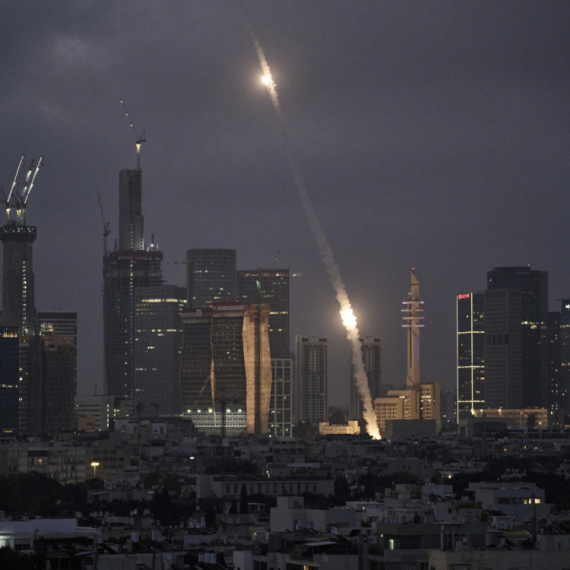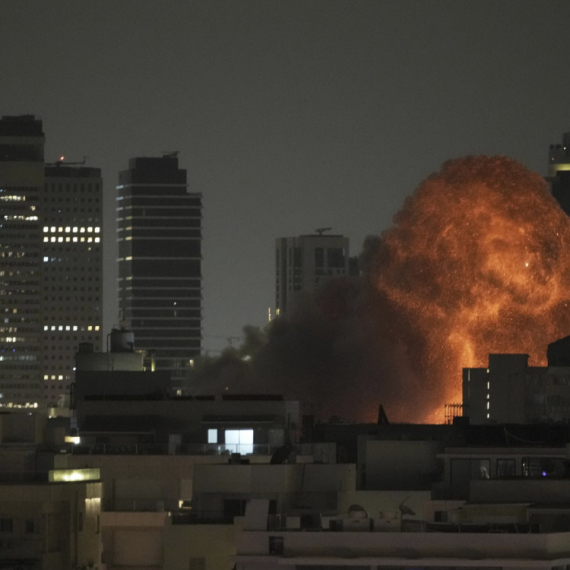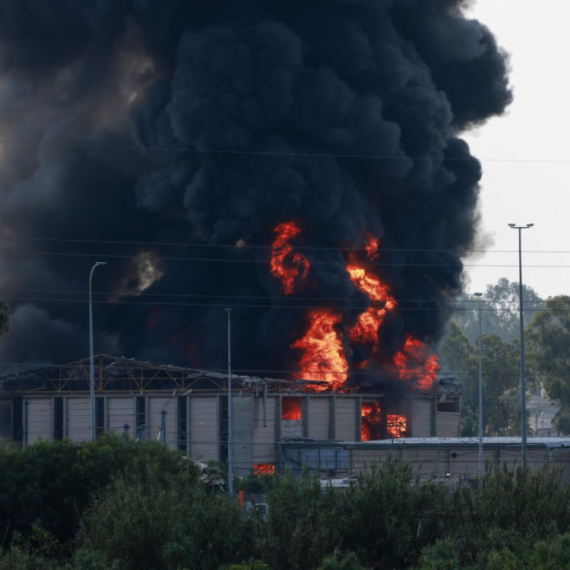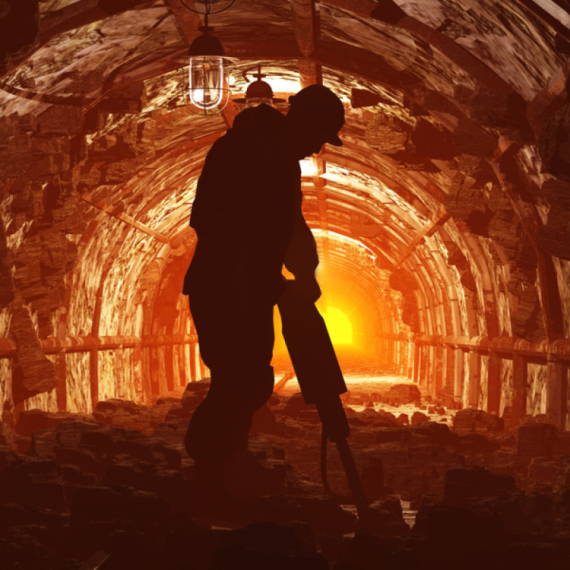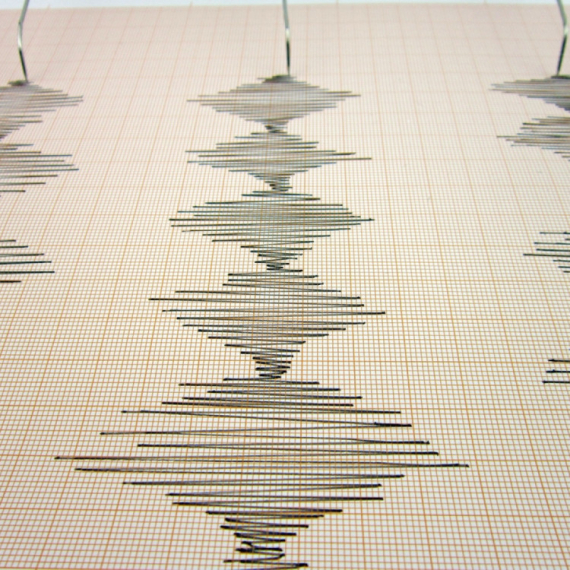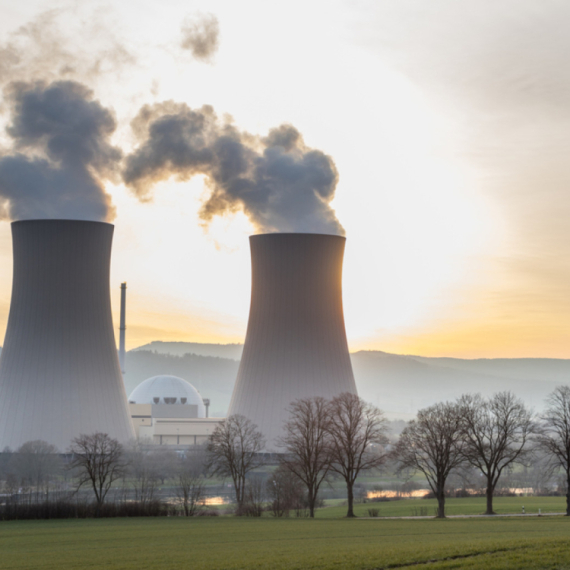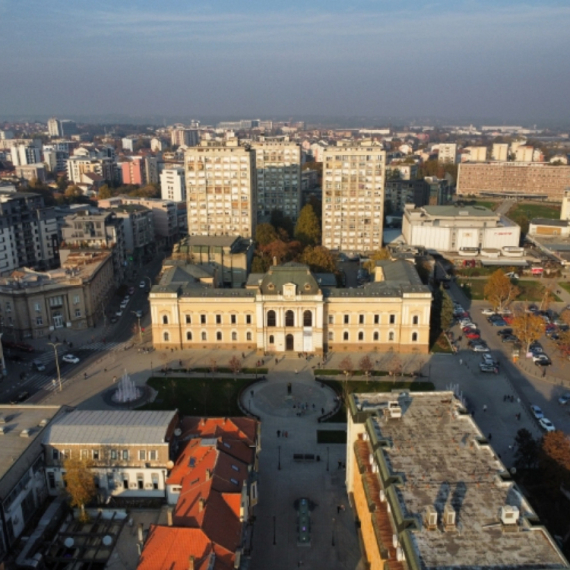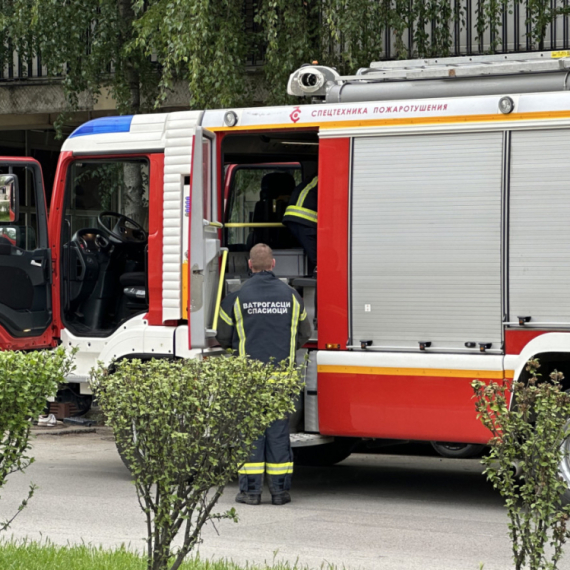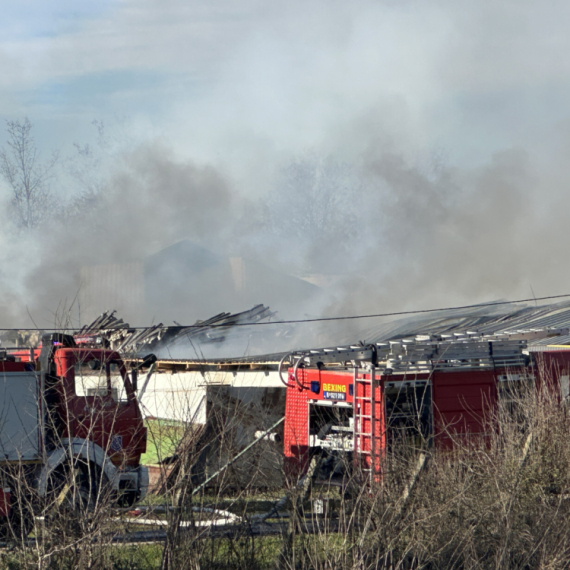The conflict between Israel and Iran has escalated in recent days, with multiple rocket attacks carried out by the Iranian Revolutionary Guard on Israeli targets, including the headquarters of intelligence services in Tel Aviv. Iran claims to have eliminated a large number of Israeli military and intelligence officers, while Israel has not officially commented on these claims. The Israeli military has also conducted covert operations inside Iran, including attacks on Iranian nuclear scientists. The conflict has led to alerts in Israeli cities, including air raid sirens in Jerusalem and Tel Aviv. Media from various sources report on the intensification of the conflict, emphasizing the military and intelligence dimensions, as well as regional and international implications.
Political Perspectives:
Left: Left-leaning sources tend to emphasize the human cost of the conflict and the risks of escalation leading to wider regional instability. They often highlight the role of diplomacy and call for de-escalation and peaceful resolution. The narrative may also focus on the impact on civilians and criticize military aggression from both sides.
Center: Center-leaning sources report the facts of the conflict with a focus on verified information and balanced coverage. They emphasize the strategic and security concerns of both Israel and Iran, providing context about the history of tensions and the geopolitical stakes. The narrative is generally neutral, aiming to inform without taking sides.
Right: Right-leaning sources often emphasize the threat posed by Iran to Israel and the region, highlighting Iran’s missile attacks and alleged terrorist activities. They tend to support Israel’s right to self-defense and may portray Iran as an aggressor. The narrative may also stress the importance of strong military responses and criticize Iran’s nuclear ambitions.






